The Rabbit Girls by Anna Ellory
The mystery deepens when Miriam makes two surprise discoveries: a hitherto hidden number tattooed on her father’s wrist indicating he was incarcerated in Auschwitz; and a striped dress from Ravensbrück with dozens of letters secreted in the seams. With the help of Eva, a recent arrival from East Germany whom she meets in the library, who translates some of the letters into German from French, Miriam gradually pieces together the romance between her father and Frieda and, in a first-person strand based on his death-bed reminiscences, he fills in the gaps.
Concerned that her father needs to know what became of Frieda in order to take leave of his life, Miriam plunges into the horrors of the concentration camps, laid bare in the letters. But she also finds evidence of courage and kindness, such as in Frieda’s protection of a Roma woman, Hani, and of the unfortunates experimented on by the Nazis, from which the novel takes its title. Along with recalibrating her image of her parents, and physically and psychologically threatened by her enraged husband, Miriam has rather a lot on her plate. Ground down by an oppressive twenty-year marriage, she resorts to self-harm.
The story unfolds with the twists and turns of a thriller: there’s a lot going on in this novel, with little risk of the reader getting bored. But, while following Frieda’s trauma helps Miriam gain a better perspective on her own predicament, it might not have a similar impact on the reader. While the gaslighting and holocaust strands are individually well handled, and there’s a common theme of women losing autonomy over their bodies and minds, the combination diminishes both.
As I’ve said of The Woman in the White Kimono by Ana Johns and of Madeleine Bunting’s Island Song, I’m not so keen on looking at history through a contemporary character’s reassessment of a parent’s past, and here Miriam’s previous ignorance of her father’s tattoo – despite him having been her main carer in childhood – and the easy discovery of the concentration camp uniform – didn’t she search the cupboards for her Christmas presents as a child? – further weakens an otherwise excellent story. Two otherwise excellent stories. Although I did enjoy Anna Ellory’s debut novel, I didn’t learn as much as I would have liked about the rabbit girls and can’t help thinking there’s a Mischling and a How to Be a Good Wife – for the gaslighting – trying to break out.
The Rabbit Girls is published on September 1st by Lake Union, which I didn’t realise, until accepting a review copy, is a tributary of the mighty Amazon.
| Interested in this novel’s themes? Follow the link for a post on invisible vulnerabilities and self-harm in my debut novel, Sugar and Snails. You’ll also find short stories featuring tattoos, the holocaust and fathers and daughters in my collection on the theme of identity, Becoming Someone. |
The Confessions of Frannie Langton by Sara Collins
Her story begins when she’s promoted at the age of six or seven to the status of house-slave, the only surviving ‘mulatta’ and unaware she’s the master’s child. Mr Langton fancies himself a scientist, with a particular interest in whether black and white are separate species, and, after forcing her to (literally) swallow half the pages of a novel his wife – on a whim – has taught her to read, he decides to make her the subject of an exploration of the impact of education on the ‘primitive’ mind.
Soon Frances learns much more that she’d ever dream of, as he recruits her as scribe and assistant in his nightmare experiments on, and measurements of, his human ‘property’, both dead and alive. When the shed that has housed this research burns down, Langton takes her to London, abandoning her in the house of his erstwhile collaborator, Mr Benham, where she encounters another kind of slavery, both among the servants and in Benham’s much-despised wife.
Brought up for a life of indolence, and with no possessions of her own, Marguerite has made a pet of a young man shipped from Jamaica as a young child, but now banished from the Langton home. With the slave trade eradicated, but slavery itself still rampant, she takes a peripheral interest in the emancipation movement, while her husband argues not for abolition, but reform.
Sara Collins expertly recreates the political and scientific mindsets of that period so that, while the contemporary reader might disagree, we can appreciate why her white upper-class characters might reason in a particular way. But, especially in Langton, who becomes obsessed with finding an albino child to experiment on, her gentlemen scientists mine a much darker seam than Titch in Washington Black. The unlikely affair between Marguerite and her maid is also convincingly realised, as is their addiction to opium, accounting for Frannie’s lapse of memory on that fateful night. But rest assured, we do discover what happened, and are suitably entertained along the way!
Thanks to publishers Viking Penguin for my review copy.
My flash fiction Return to Paradise, published earlier this year by Foliate Oak, also features a slaver’s encounter with an abolitionist, as well as that awful misnomer for a sugar plantation economically dependent on unpaid labour. There’s another kind of cruelty meted out to the African teenager with albinism in “Ghost Girl”, which I’m reading here from my short story collection, Becoming Someone.
| In The Confessions of Frannie Langton, Marguerite is annoyed that her husband has made her put away a portrait of her with her cute little black boy. I recall seeing such a painting, almost exactly twenty years ago, in a conference centre previously owned by the chocolate manufacturer Cadbury. I also recall feeling ashamed on realising that what was for me, and for most of the other white delegates, just an old painting, was for one of our number a reminder of his forbears’ subjugation. That memory has inspired this week’s 99-word story in response to the prompt sweet jam. |
Bending to strip the bush of berries, her shoulders strain and fingers stain inky black, like hunching over essays at her desk. Except for the insect buzz and her sun-warmed neck. A holiday from study, from her drive to showcase her brain in a world that stops its gaze at her skin. A different virtue in the steaming pot, gleaming jars, foraged fruit others would leave to rot.
Yet her mood dips, her hand shakes as she adds the white crystals. Sugar. Ghosted by her ancestors’ lament, backs striped with whip marks as they stooped to cut the cane.
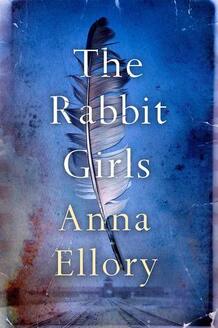
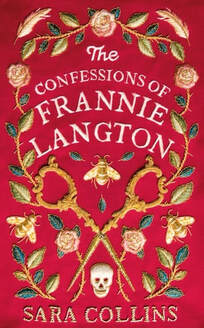
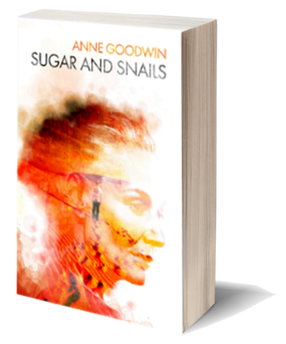
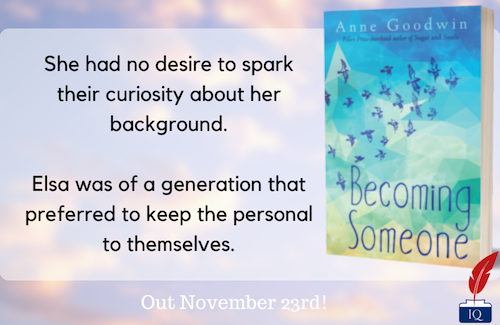
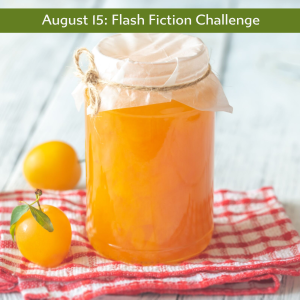
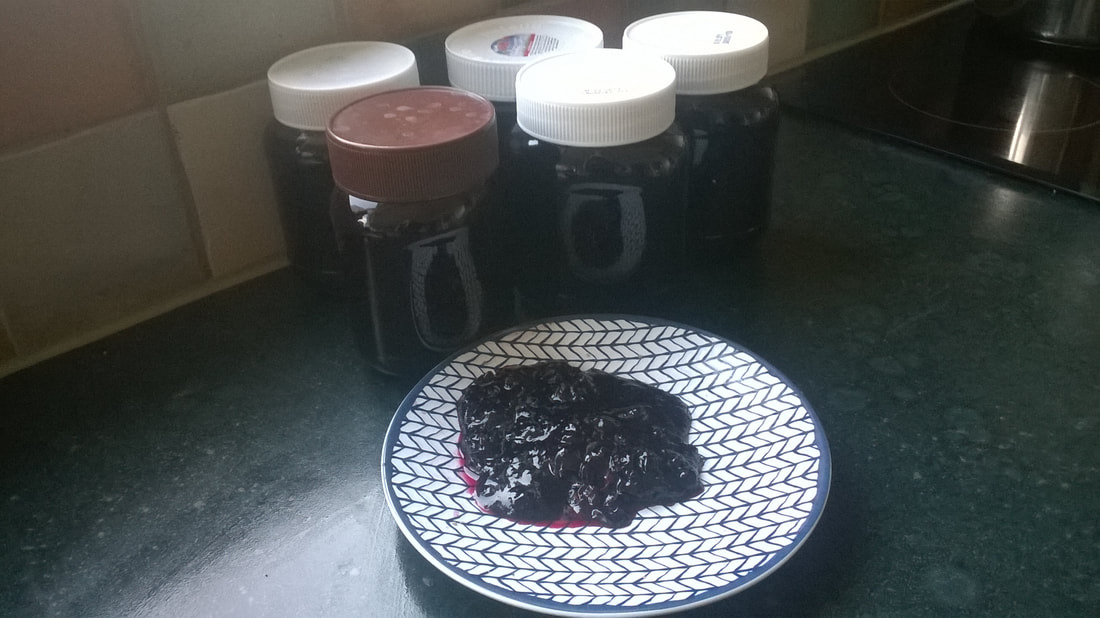





















 RSS Feed
RSS Feed





















